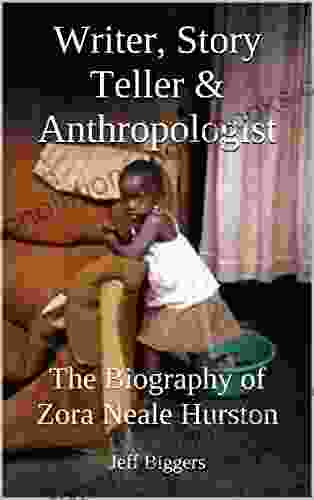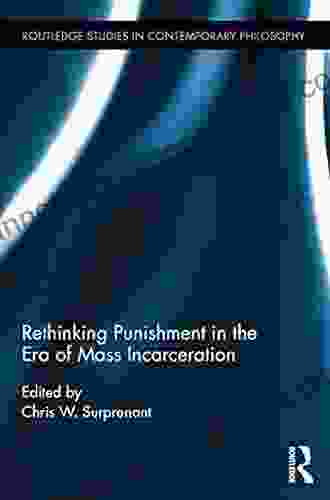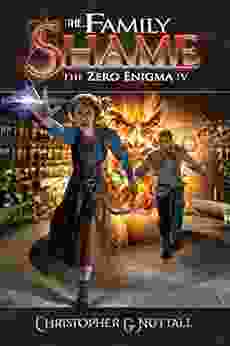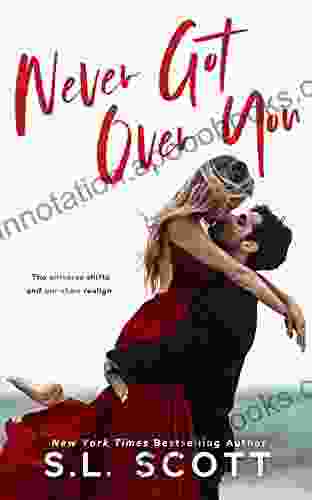The Writer, Storyteller, and Anthropologist: Uncovering the Narrative in Human Experience

From the earliest cave paintings to the latest blockbuster movies, storytelling has been an integral part of human culture. Through stories, we share our experiences, connect with others, and make sense of the world around us. Stories have the power to educate, entertain, and inspire. They can change our perspectives, challenge our beliefs, and help us to understand our place in the universe. 5 out of 5 But what is it about stories that makes them so powerful? Why are we so drawn to them? One reason is that stories are a way of making sense of the world. They help us to organize our thoughts and experiences, and to see the connections between different events. Stories can also help us to understand our own emotions and motivations, and to see how our own experiences fit into the larger scheme of things. Another reason why stories are so powerful is that they are a way of connecting with others. When we share stories, we are creating a bond with the other person. We are inviting them into our world, and we are giving them a glimpse of who we are. Stories can also help us to build relationships, and to strengthen the bonds between people. Finally, stories are a way of inspiring us. They can show us what is possible, and they can give us the courage to pursue our dreams. Stories can also help us to see the world in a new light, and to appreciate the beauty and diversity of human experience. Anthropologists are social scientists who study human cultures and societies. They use a variety of methods to collect data, including observation, interviewing, and participant observation. One of the most important tools that anthropologists have is the ability to tell stories. Anthropological storytelling is a way of communicating the results of research in a way that is accessible and engaging. By telling stories, anthropologists can bring the people and cultures they study to life. They can also help readers to understand the different ways that people live, and to see the world from a different perspective. Anthropological storytelling is not just about telling interesting stories. It is also about using stories to make a point. Anthropologists use stories to challenge stereotypes, to promote understanding, and to advocate for social justice. One of the most important things that anthropological storytelling can do is to challenge stereotypes. When we hear stories about people from other cultures, we often come to realize that they are not so different from us after all. We may have different beliefs and customs, but we all share the same basic human needs and desires. Anthropological storytelling can also promote understanding. By learning about the different ways that people live, we can come to appreciate the diversity of human experience. We can also learn to be more tolerant of other cultures, and to see the world from a different perspective. Finally, anthropological storytelling can advocate for social justice. By telling stories about the experiences of marginalized groups, anthropologists can help to bring attention to important issues and to promote social change. Writers and anthropologists share a passion for storytelling. Both are interested in telling stories about the human experience, and both use their stories to make a point. However, there are also some important differences between the two disciplines. One of the biggest differences between writers and anthropologists is the way they collect their data. Writers often rely on their own experiences and observations, while anthropologists use a variety of research methods, including observation, interviewing, and participant observation. This difference in data collection methods leads to different approaches to storytelling. Writers often tell stories that are based on their own personal experiences. These stories may be fictionalized, but they are often based on real events and people. Anthropologists, on the other hand, typically tell stories about the people they study. These stories are based on the data that they collect through their research, and they are often used to illustrate broader anthropological concepts. Another difference between writers and anthropologists is the way they use their stories. Writers often use their stories to entertain or to provoke thought. Anthropologists, on the other hand, use their stories to educate and to inform. They use their stories to help readers understand the different ways that people live, and to see the world from a different perspective. Despite their differences, writers and anthropologists share a passion for storytelling. Both are interested in telling stories about the human experience, and both use their stories to make a point. However, the different approaches to storytelling that they use reflect the different purposes of their work. Stories are a powerful tool for understanding the human experience. They can educate, entertain, and inspire. They can change our perspectives, challenge our beliefs, and help us to see the world in a new light. Writers and anthropologists are both storytellers. They use their stories to make a point, and to help readers understand the different ways that people live. While there are some important differences between the two disciplines, they share a passion for storytelling and a commitment to using their stories to make the world a better place. Storytelling: A Powerful Lens into the Human Experience
Language : English File size : 1346 KB Text-to-Speech : Enabled Screen Reader : Supported Enhanced typesetting : Enabled Word Wise : Enabled Print length : 18 pages Lending : Enabled The Role of the Anthropologist as Storyteller
The Writer and the Anthropologist: A Shared Passion for Storytelling

5 out of 5
| Language | : | English |
| File size | : | 1346 KB |
| Text-to-Speech | : | Enabled |
| Screen Reader | : | Supported |
| Enhanced typesetting | : | Enabled |
| Word Wise | : | Enabled |
| Print length | : | 18 pages |
| Lending | : | Enabled |
Do you want to contribute by writing guest posts on this blog?
Please contact us and send us a resume of previous articles that you have written.
 Book
Book Novel
Novel Page
Page Chapter
Chapter Text
Text Story
Story Genre
Genre Reader
Reader Library
Library Paperback
Paperback E-book
E-book Magazine
Magazine Newspaper
Newspaper Paragraph
Paragraph Sentence
Sentence Bookmark
Bookmark Shelf
Shelf Glossary
Glossary Bibliography
Bibliography Foreword
Foreword Preface
Preface Synopsis
Synopsis Annotation
Annotation Footnote
Footnote Manuscript
Manuscript Scroll
Scroll Codex
Codex Tome
Tome Bestseller
Bestseller Classics
Classics Library card
Library card Narrative
Narrative Biography
Biography Autobiography
Autobiography Memoir
Memoir Reference
Reference Encyclopedia
Encyclopedia Donald Aka Azure Dirnberger
Donald Aka Azure Dirnberger Debra Lynn
Debra Lynn Christopher J Bosso
Christopher J Bosso Zoe C Sherinian
Zoe C Sherinian Chelsea Thomas
Chelsea Thomas Daniel Darling
Daniel Darling Pati Jinich
Pati Jinich Duane Ferris
Duane Ferris Chris Taylor
Chris Taylor Syed Farid Alatas
Syed Farid Alatas Grant Lichtman
Grant Lichtman Phil Hutcheon
Phil Hutcheon David Donachie
David Donachie Cheryl Glenn
Cheryl Glenn Jen Schradie
Jen Schradie Mary Mccarthy
Mary Mccarthy Timothy Schaffert
Timothy Schaffert Chelsea Taylor
Chelsea Taylor Christopher Chowrimootoo
Christopher Chowrimootoo Dr Kelly Schuh
Dr Kelly Schuh
Light bulbAdvertise smarter! Our strategic ad space ensures maximum exposure. Reserve your spot today!
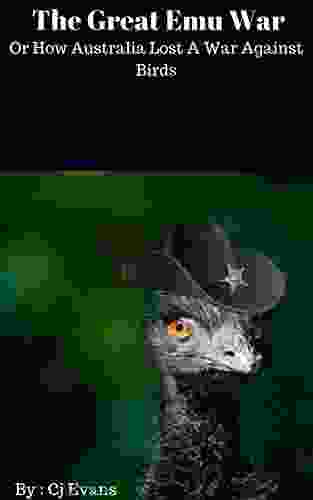
 Arthur C. ClarkeThe Great Emu War: A Hilarious and Humiliating Chapter in Australian History
Arthur C. ClarkeThe Great Emu War: A Hilarious and Humiliating Chapter in Australian History Milan KunderaFollow ·16.2k
Milan KunderaFollow ·16.2k Federico García LorcaFollow ·7.4k
Federico García LorcaFollow ·7.4k Marcel ProustFollow ·19.4k
Marcel ProustFollow ·19.4k Zadie SmithFollow ·16.7k
Zadie SmithFollow ·16.7k Harold PowellFollow ·9k
Harold PowellFollow ·9k John ParkerFollow ·12.8k
John ParkerFollow ·12.8k Anton ChekhovFollow ·2.8k
Anton ChekhovFollow ·2.8k Lucas ReedFollow ·3.1k
Lucas ReedFollow ·3.1k
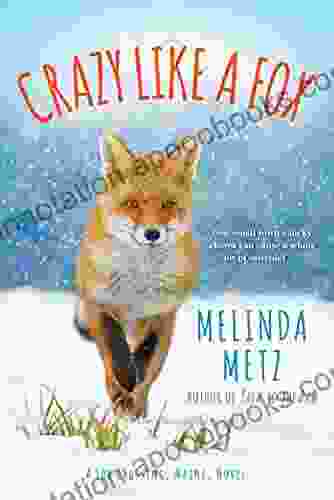
 Kevin Turner
Kevin TurnerDive into the Enchanting World of "Crazy Like Fox": A...
Prepare yourself for a literary adventure...
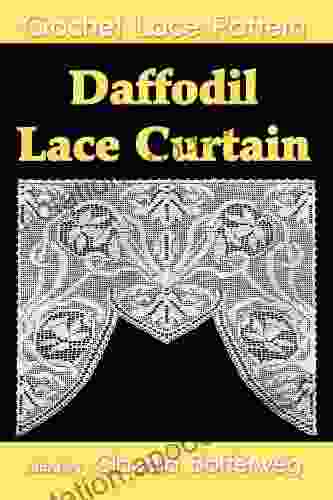
 Ralph Waldo Emerson
Ralph Waldo EmersonUnlock the Elegance of Daffodil Lace: An Immersive Guide...
: A Tapestry of Delicate...
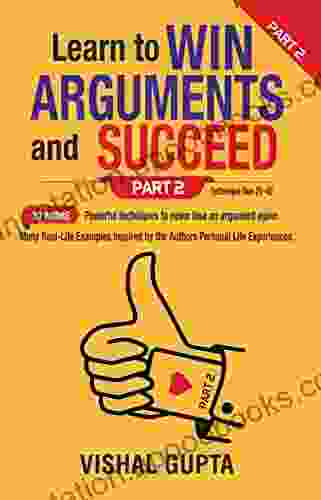
 Gerald Parker
Gerald ParkerNever Lose An Argument Again: 20 Powerful Techniques From...
Are you tired of losing...
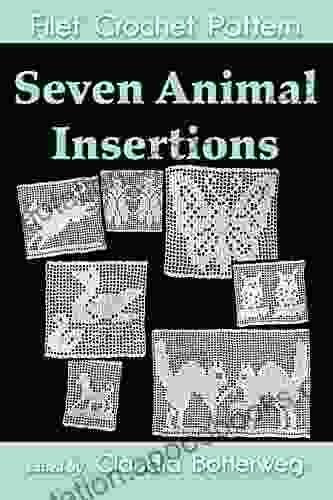
 Xavier Bell
Xavier BellSeven Animal Insertions Filet Crochet Pattern: Embark on...
Welcome to the captivating...
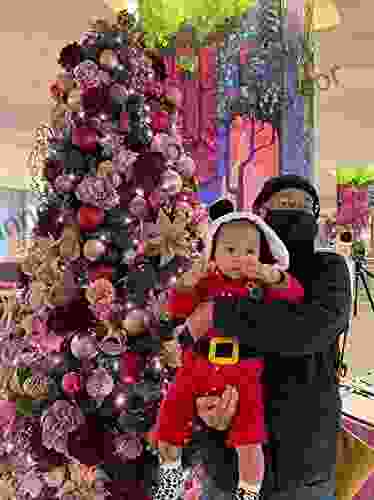
 Eugene Powell
Eugene PowellMagomago in TDS Magomago 12: An Unforgettable Adventure...
Step into the Enchanting World of...
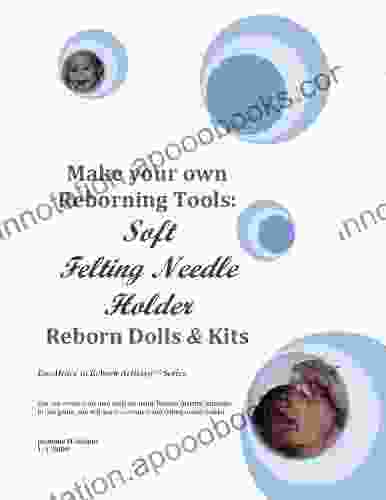
 Marvin Hayes
Marvin HayesSoft Felting Needle Holder Excellence In Reborn Artistry
Unveiling the Secrets of the...
5 out of 5
| Language | : | English |
| File size | : | 1346 KB |
| Text-to-Speech | : | Enabled |
| Screen Reader | : | Supported |
| Enhanced typesetting | : | Enabled |
| Word Wise | : | Enabled |
| Print length | : | 18 pages |
| Lending | : | Enabled |


